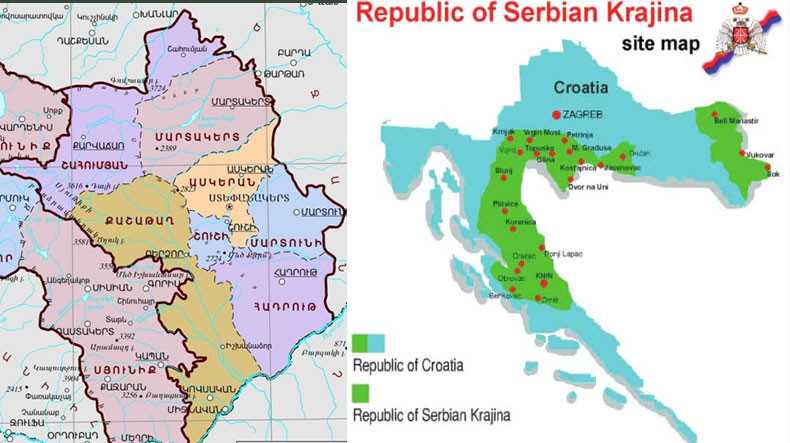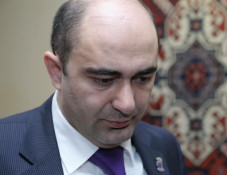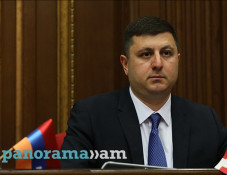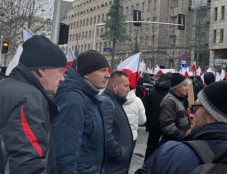
Do not let Artsakh become the Krajina of the Caucasus
By Marios Mathios-Josefidis, a historian and Balkan researcher, Greek City Times
August 1995 and the Croatian Army’s Operation Storm in the Krajina is underway.
In the face of NATO bombing, the numerical and qualitative superiority of the Croatian and Bosniak armies (and of course paramilitary units), the 31,500 Serb defenders of Krajina, with little means and betrayed by the Belgrade government, begin to retreat from this Serbian area.
They are joined by 250,000 Serb civilians, who made up the vast majority of the Krajina. It happened… The Serbian population was uprooted from its homes, in which for centuries it was the vast majority.
Twenty-five years have passed since then and Croatia has never been blamed for the ethnic cleansing, and few Serbs have returned to their homes.
November 2020… In an even more incoherent period, the Armenian forces in Artsakh are waging an unequal battle against the Azeri armed forces, the Arab Islamo-fascists and, of course, Neo-Ottoman fascist Turkey.
Abandoned by all but with the motherland first and foremost, and of course the Russians, they are desperately fighting the invader but it is obvious that they have begun to bend.
In their capital Stepanakert, Armenians have already begun to leave as their is little escaping the bombings and of course the vengeful rage of the Azeris. The international public opinion, beyond sympathy, does nothing to help them.
Everyone just hopes that the Armenians of Artsakh will endure. But with wishes, nothing happens…
Why shouldn’t Artsakh fall?
The fall of Krajina in August 1995, in addition to its devastating humanitarian consequences, had equally devastating geopolitical consequences.
A country with a strong national and anti-imperialist identity, Serbia was humiliated and forced to lose the Krajina that historically belonged to it. Germanophile (with fascist tendencies) and pro-imperialist Croatia emerged as the most powerful country in the Western Balkans and a permanent bridgehead for the imperialists interests in the Balkans.
In the event that Artsakh falls, the consequences will be much more catastrophic and will have much worse consequences for Greece. Turkey will strengthen geopolitically in the region, increasing its influence in the Muslim Turkic countries of Central Asia.
Its influence will begin in Aegean and would end in Western China.
This victory will result in a radicalization of Islam and of course an additional pressure on Greece not only from Turkey but also from its Central Asian satellites.
At the same time a traditionally anti-Turkish state in the region will disappear, leaving Greece with one less natural ally.
Unfortunately, as a people, we can not do much to help the Armenians.
But in addition to humanitarian aid, we must put pressure on the Greek government to take a clearer stance on this conflict by complaining to international organizations that this conflict is not so much the result of Armenia-Azerbaijan rivalry but also the involvement of Turkey as a permanent source of unrest and escalation in the region.
If neo-Ottoman revisionism is defeated in Artsakh, we may not have to face it at gunpoint.
Newsfeed
Videos






























